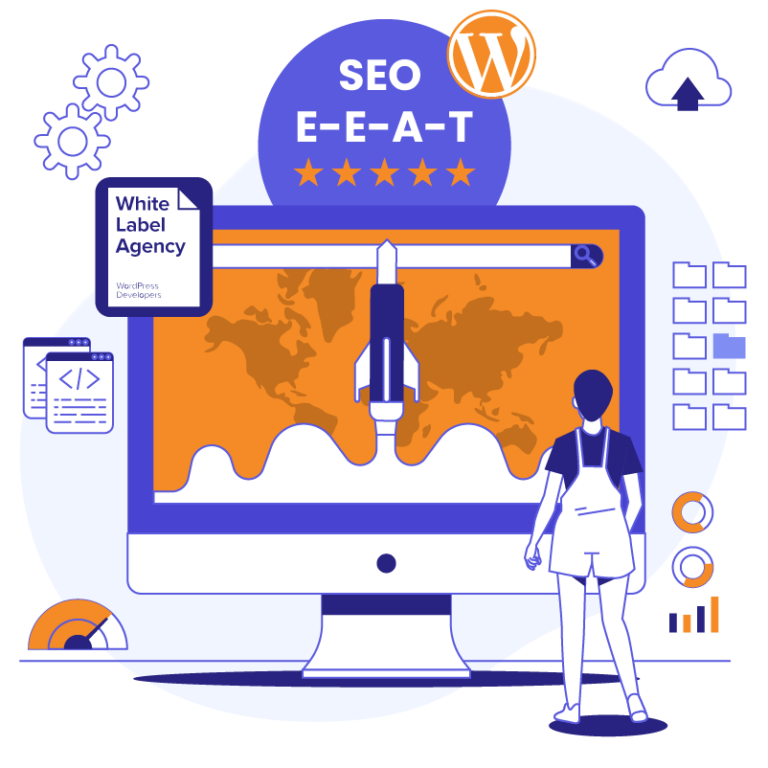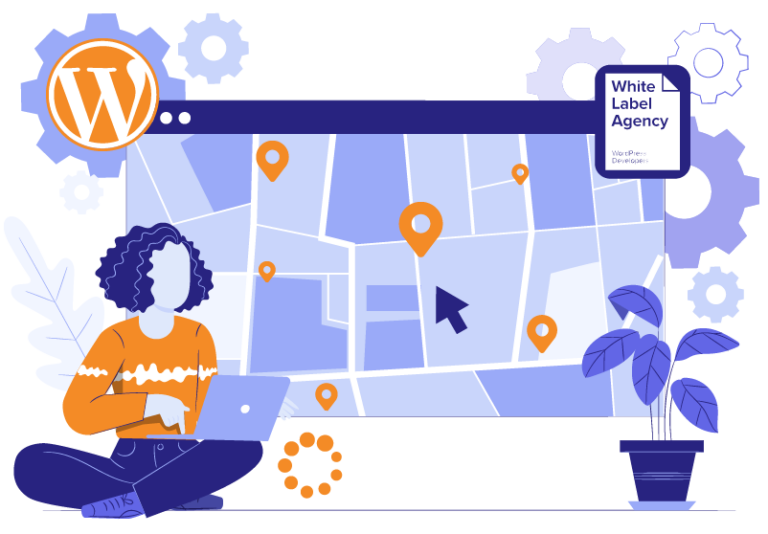In the tech world, we’ve seen it over and over again. Large, incumbent technologies and companies are overtaken by newer ones. And those older ones fall into near obscurity.
It makes you wonder: what will happen to WordPress?
Will something come along and uproot WordPress’s dominance or will it continue to take over the Internet?
To truly understand the future direction of WordPress, we need to take a look at the main three end-users of WordPress:
- The Casual Bloggers/Hobbyists — These are the WordPress users who blog without any type of profit in mind. Most of the time, their blog is a side project. It is used more like a journal, or they have some passion they are blogging about, or a cause they support. An example of this is my friend who is starting a baking blog just to explore different baking recipes.
- Small Businesses — Solopreneurs, internet marketers, and small businesses all fall into this category. Their WordPress site is usually used to market their business, or their website is their business, such as an eCommerce store. The website is managed either by the owner or a few of their employees.
- Larger, Enterprise Level Businesses — These are the big brands using WordPress. They have large budgets, and will usually have a division of their business dedicated to just managing their website.Each type of user will have a different future trajectory.
The Casual Blogger And Hobbyist
An important thing to remember about casual bloggers is that they want to spend as little money as possible. In most cases, they want to spend nothing, because they are not looking to make a profit.
Because of this, they want software that is easy to use. They don’t want to spend time with the technology, but instead focus on the writing.
And that is exactly why many of these users started using WordPress. They were told it was free and easy to use. While it is free, as they grow they may need to spend more money on things like themes, plugins, or hosting.
There can also be an issue with how much time it takes to learn about WordPress enough to maintain their site. They need to keep the software updated, run backups, keep their site secure.
After a while, it could seem daunting to keep a site with WordPress.
Many of these users will switch over to WordPress.com because it is much easier to use. With upgrades, however, this can cost more than a casual blogger is willing to spend.
So what’s next? These users may start moving to platforms like Medium that is not only free but strips away almost everything and leaves just a simple publishing platform.
Obviously, WordPress does offer much more customization, but most of these casual bloggers just don’t need this, and I believe many of them would be willing to sacrifice it for the sake of simplicity.
We might see a drop in this kind of user in the future.
Small Businesses
The first time I heard about WordPress was when I started my first business in college. I was selling t-shirts, and needed to make a website. I played around with some of the website building software, such as Wix, but quickly ran into many limitations.
One of my professors recommend I try WordPress, and I instantly fell in love. I’ve seen the same thing happen with many businesses. When I got into the Internet Marketing world, almost everyone I talked to was using WordPress.
Interestingly, many in the Internet Marketing industry are either familiar enough with tech that they can run and maintain their own sites, or they understand that paying for a hosting company or freelancers is worth it.
However, there are many small businesses I’ve seen where this is not the case. In small, local businesses, such as restaurants or hair salons, where they have a WordPress site built for them, and just don’t have the time or budget to keep it maintained.
For many of these type of businesses, WordPress was the best option for them at the time.
It seems they are now more interested in site-building software like Squarespace. Something affordable they can use to drag and drop, and ignore.
So while I still see many solopreneurs and internet marketers running their sites on WordPress, many of the small businesses may make the switch to something seemingly more manageable.
Enterprise Level
I was listening to NPR’s TED Radio Hour last week where they talked about why companies would use open-source technology, asking why rebuild something when someone has already built it?
WordPress is the prime example of this. And I think that is why WordPress is just starting to make ripples in the Enterprise world.
I keep hearing about all of this new technology that is being built upon the WordPress platform. For instance, the WordPress REST API, 10up’s ElasticPress, and WP Engine’s Mercury.
This technology is making it easier, cheaper, and faster for companies to build enterprise level websites and applications built on WordPress, so they will continue to start building with WordPress rather than try and build it from scratch.
A few years ago, I was writing for a pretty large company. They had launched a content marketing strategy to build an online portal where people could come and learn about topics that this company sold products for.
Now, instead of using WordPress, they decided to build a CMS from scratch, which didn’t work.
Essentially, the CMS was trying to work the exact same way that WordPress did, but there were bugs everywhere, and it was missing some of the functionality that they needed.
Instead, they could have started with WordPress, built what they needed, and voila, They’d have a better application for a fraction of the cost.
These users could really benefit from a program like WordPress instead of trying to do it all on their own.
Reference: Torquemag.io



